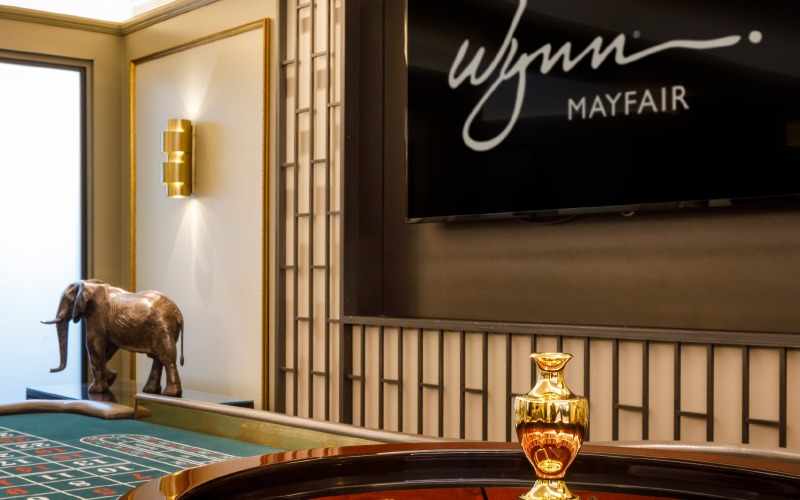Wynn Resorts Expands Footprint to UK Gambling Market with Luxury Casino

Wynn Resorts, the renowned US luxury casino operator, has taken a bold step into London’s high-stakes gaming world with its acquisition of the iconic Aspinall’s Casino. Now rebranded as Wynn Mayfair, the venue continues the brand’s ambitions to cater to a global elite clientele in an equally lucrative market.
According to Craig Billings, the Chief Executive Officer of Wynn Resorts, the newly acquired London venue offers more than just a prestigious address. It creates an international link between markets that are home to some of the most discerning and high-spending clientele in the world. Billings described the Mayfair property as a valuable entry point into a major global city and an essential step in connecting guests to other Wynn destinations.
The venue was first established in the nineteen sixties by John Aspinall, a renowned British entrepreneur best known for his private zoo and controversial political beliefs. Aspinall transformed the property into a luxury casino that catered to members of Europe’s aristocracy and wealthy elite. His reputation and connections helped the venue develop a loyal following that spanned generations. But there is a lot more going for it.
Housed within two Georgian townhouses in the heart of Mayfair, the venue features an elegant gaming floor, multiple private salons, and fine dining spaces curated to appeal to the most sophisticated tastes. Wynn Resorts is now better positioned to cater to its high-value customers from the Gulf region as well as new clients from across Europe. The Wynn Mayfair offers a seamless extension of the brand’s world-class hospitality, connecting international travelers to the upcoming Wynn Al Marjan Island and reinforcing the company’s commitment to delivering luxurious gaming experiences on a global scale.
Tackling Challenges and Leveraging Opportunities
Although Wynn Mayfair is among the most refined and exclusive casinos in the city, the acquisition does present some potential challenges. Recently, the luxury gaming scene in London has experienced a decline in activity from wealthy international players.
This trend is partly due to the United Kingdom’s choice to end the tax-free shopping program for overseas visitors after the country exited the European Union. Under the previous system, foreign tourists could reclaim the value-added tax of 20% on goods purchased in the United Kingdom, which had been a major incentive for international travel and spending.
In addition, the gambling industry in the United Kingdom has had to adjust to stricter regulations, including a ban on the use of credit cards for gambling purposes. These changes have affected both online platforms and land-based casinos, leading to the closure of several well-known venues.


